Forging Community
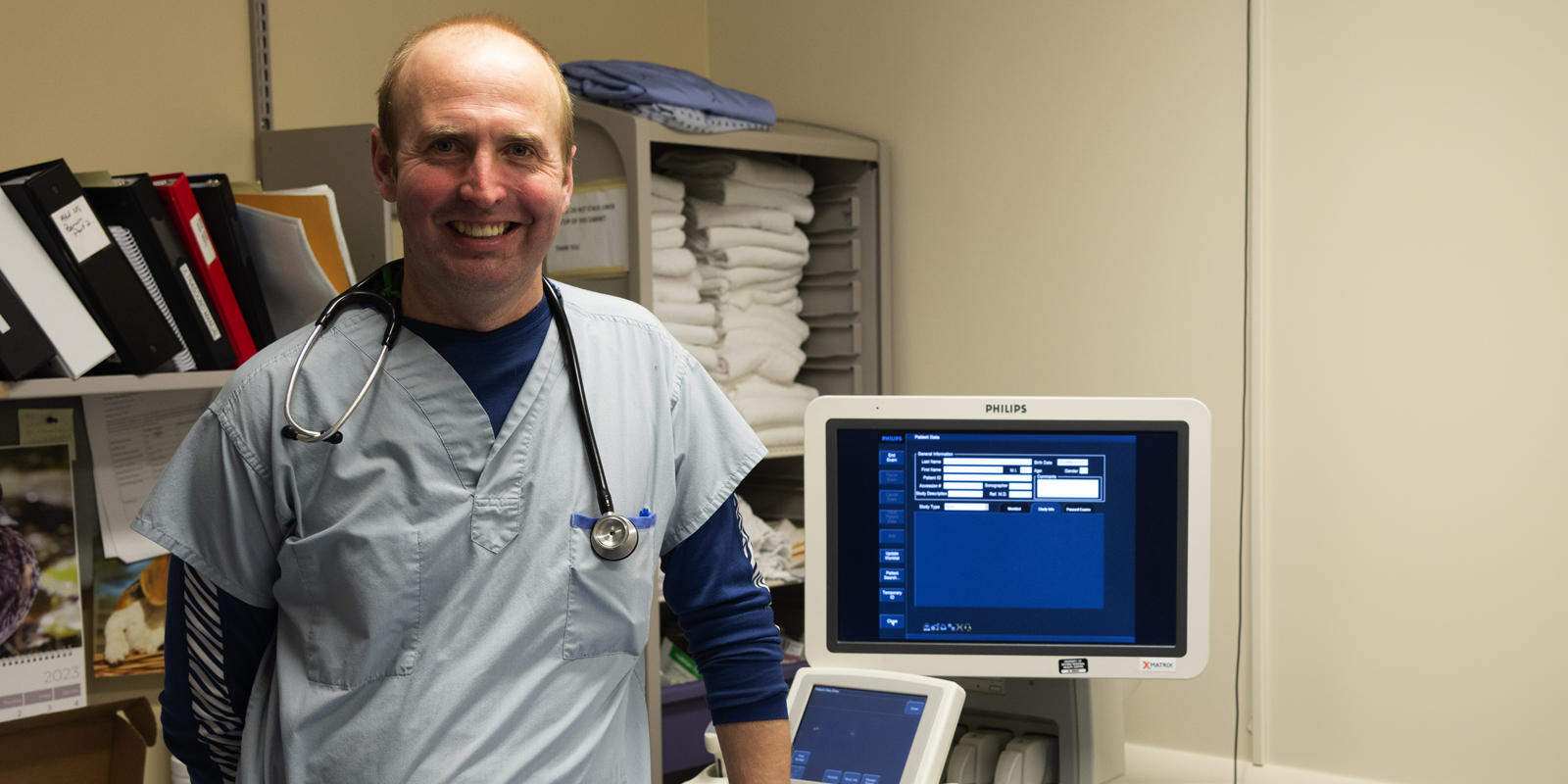
There are so many reasons to live and work in Northern Ontario. For physicians across the region, collegial atmospheres and close-knit communities help doctors feel appreciated
and supported.
Five Northern Ontario docs discuss the support from colleagues and the community connections that shore them up.
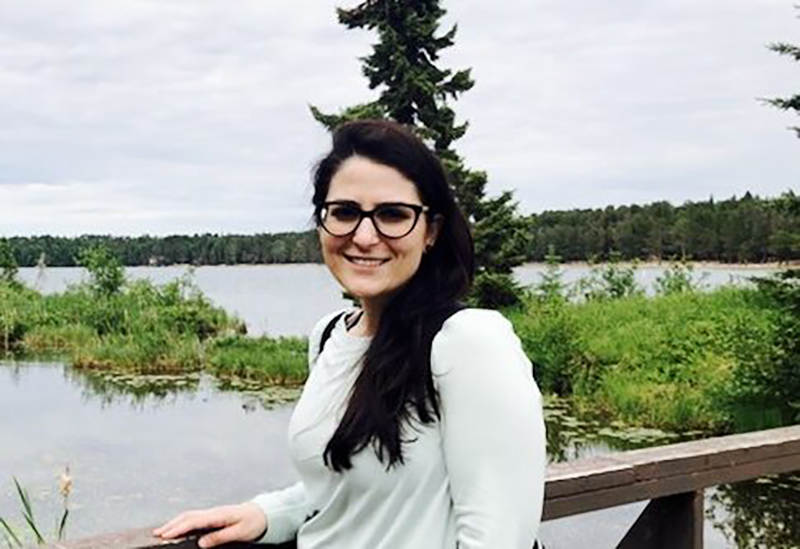
Dr. Lily DeMiglio, Marathon
Dr. Lily DeMiglio, recipient of the 2022 NOSM University learner-nominated Teacher of the Year award, advises medical students to keep an open mind about rural practice. Dr. DeMiglio fell in love with the broad scope of work she could practise as a rural generalist: from inpatient care to the emergency room, to work in the clinic and with First Nations communities. She also enjoys being able to dedicate time to teaching and committee work and having a flexible schedule.
To adapt to the needs of her patients and the community, Dr. DeMiglio expands her skill set regularly—she is now a coroner, for example—and she recommends that others who practise as rural generalists embrace the opportunity to continue to learn.
“You’re not going to know everything. Over time, you do get that experience and when you don’t know, you can always phone a friend.”
That “phone a friend” mentality has shored Dr. DeMiglio up along the way, helping her to build personal resilience—and solve problems for patients.
“Medicine is so collegial. For me, a huge part of helping to sustain myself is reaching out to my medical school colleagues.”
NOSM University’s ongoing expansion will nearly double the number of MD students, growing the pool of trained physicians who may decide to call rural towns home. Students who want to practise as rural generalists will continue to be supported through the Rural Generalist complementary studies. Read more in the articles “NOSM University Undergoes Historic Expansion” and “Innovating Curriculum.”
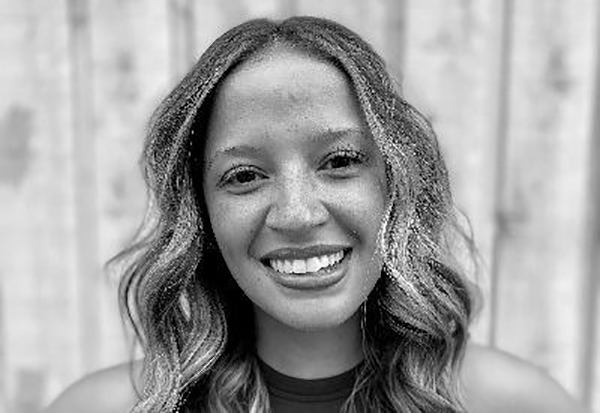
Dr. Akila Whiley, Red Lake
When she was entering her fourth year of residency, Dr. Akila Whiley’s experience to that point had been in large urban settings, and the emphasis seemed to be on specializations—anything but rural generalism and family medicine.
“That really wasn’t what I wanted,” she says about weighing her options for the final year of her residency. “And so, I truthfully mapped out all of the places I could go… and I picked the furthest place on the map.”
That place was Red Lake. While the location took Dr. Whiley out of her comfort zone, she made a good impression. On her final day, a local doctor asked her to come back to Red Lake to practise.
“I hadn’t thought about it,” she recalls. “I got on the flight, and I left. And then I had just a really sinking feeling that I’d never come back. And so that was my sign. I wrote him back a week later and said, you know… I’m gonna be all in.”
Dr. Whiley says she finds fulfillment in caring for people in all stages of life. She loves working in a unique, close-knit community where people help and support one another. The community’s willingness to help was evident when, in her first three weeks of practice, Red Lake’s hospital had to be completely evacuated due to encroaching forest fires.
“It was just this remarkable group effort. There’s so many people I see and I’m reminded of our sense of connection because we went through that experience together.”
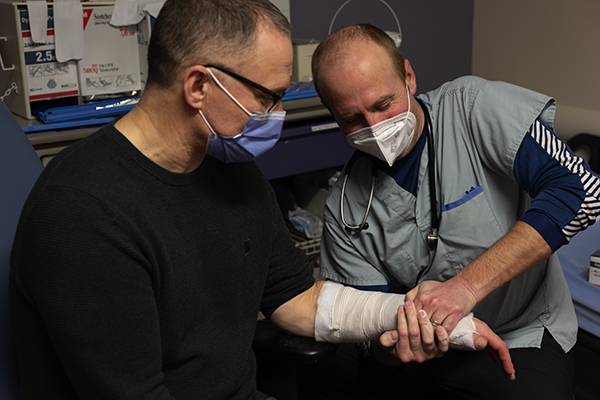
Dr. Adam Moir, Dryden
Dr. Adam Moir, rural generalist and NOSM University alumnus, says that when you work in a small town like Dryden, the whole community picks you up. Sometimes people will bring him blueberries, cookies, or homemade pickles. Other times, they will clean his driveway before he gets the chance.
“People show me that they appreciate me as a physician every single day,” he says. “It’s always nice to feel appreciated. Small communities do that by leaps and bounds. All that appreciation really nourishes my soul.”
Dr. Moir has learned to schedule time for self-care and family. He notes that health human resources challenges have been long-standing in Northern Ontario, and many communities have been in and out of crisis for a long time. Dr. Moir encourages learners to accept that reality and not be deterred, but also not make too many self-sacrifices because, he says, “staying healthy and well enables you to have a longer, more fulfilling career.”
Dr. Moir says he feels supported not only by the community, but also by rural physicians across the North.
“When we think about practising rural medicine, we tend to think that we’re isolated and that we don’t have a clinical network or clinical community. But the fact is, you’ve got a network that’s much broader. Those mentors and connections from across Northern Ontario really sustain you when you’re working in a rural setting.”
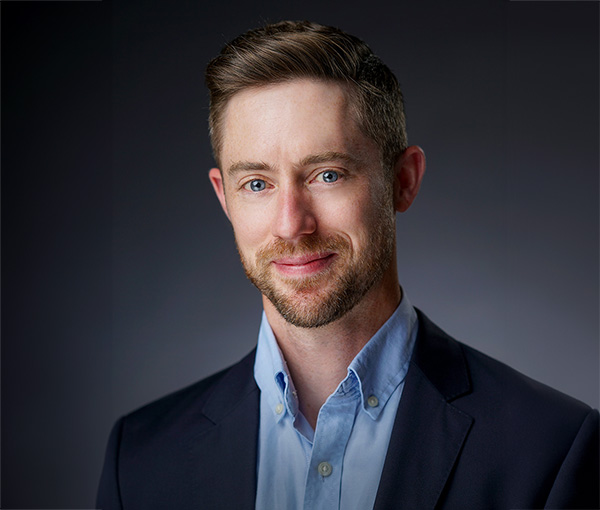
Dr. Robert Ohle, Sudbury
Dr. Robert Ohle had no intention of moving to Canada after medical school. Plans changed for the Dublin-born physician when he met his future wife, Dr. Sarah McIsaac. He followed his heart—and Dr. McIsaac’s residency placement—to Canada and ultimately to Sudbury, Ontario, where he chose to build a life, family, and medical career.
Dr. Ohle says living and working in Northern Ontario has offered the best of all worlds—a clean and green environment, affordable housing, and a vibrant career. “Practising in Northern Ontario, outside of major urban centres, has meant having leadership opportunities and a chance to make a real impact in the areas I am passionate about: research and education.”
Along with Dr. McIsaac, Dr. Ohle co-founded the Northern City of Heroes initiative, which aims to increase survival from out-of-hospital cardiac arrest through improved access to quality CPR training. The initiative has achieved significant, measurable results.
Dr. Ohle shared his secrets to managing the daily stresses of practising medicine: creating moments of joy and connection with others. He finds small moments of joy within each day, reflects on and appreciates them, and shares those moments with others. Sharing these moments and asking patients, “What has been the best part of your day?”, briefly takes patients out of a stressful environment. One example was asking an elderly couple in the ER how they met. “It brings such happiness for patients and families into a stressful encounter, and helps center my care on the person, not the illness.”
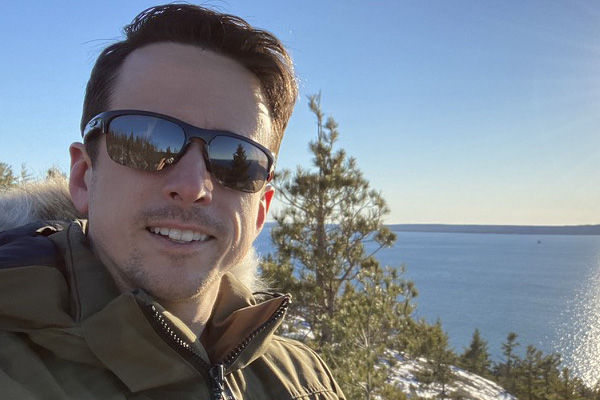
Dr. Jonathan DellaVedova, Sault Ste. Marie
For Dr. Jonathan DellaVedova, a pediatrician in Sault Ste. Marie and a member of NOSM University’s inaugural class, the opportunity to practise in his hometown is both personally and professionally fulfilling. His passion shines through when he speaks about Northern Ontario.
“There’s this feeling you get as you’re driving North and the lanes on the highway start to fall away and there are fewer and fewer cars, and then the city turns into farms and then it turns into forest,” says Dr. DellaVedova. “It just feels right—you’re pointing North, and now you’re home.”
“There’s a sense in the North there that this is where you belong, and always have belonged.”
Dr. DellaVedova also appreciates the unique and diverse professional opportunities that keep his work fresh and engaging. For example, he was able to become an Assistant Professor and teach students in the first year of his practice—something he might not have been able to do in southern Ontario.
His top recommendation for medical students? Choose to practise somewhere with a positive work environment. He calls this a “big selling feature” for the Soo.
“It’s a really positive climate, very collegial, very professional. I cannot say enough about the outsized impact that that climate makes on your professional satisfaction. If that’s something you can find, you never let it go. And when you’re shopping around for places to work, really put a lot of weight on the way that professionals interact with each other and the environment, because that will have a huge impact on your wellbeing.”
